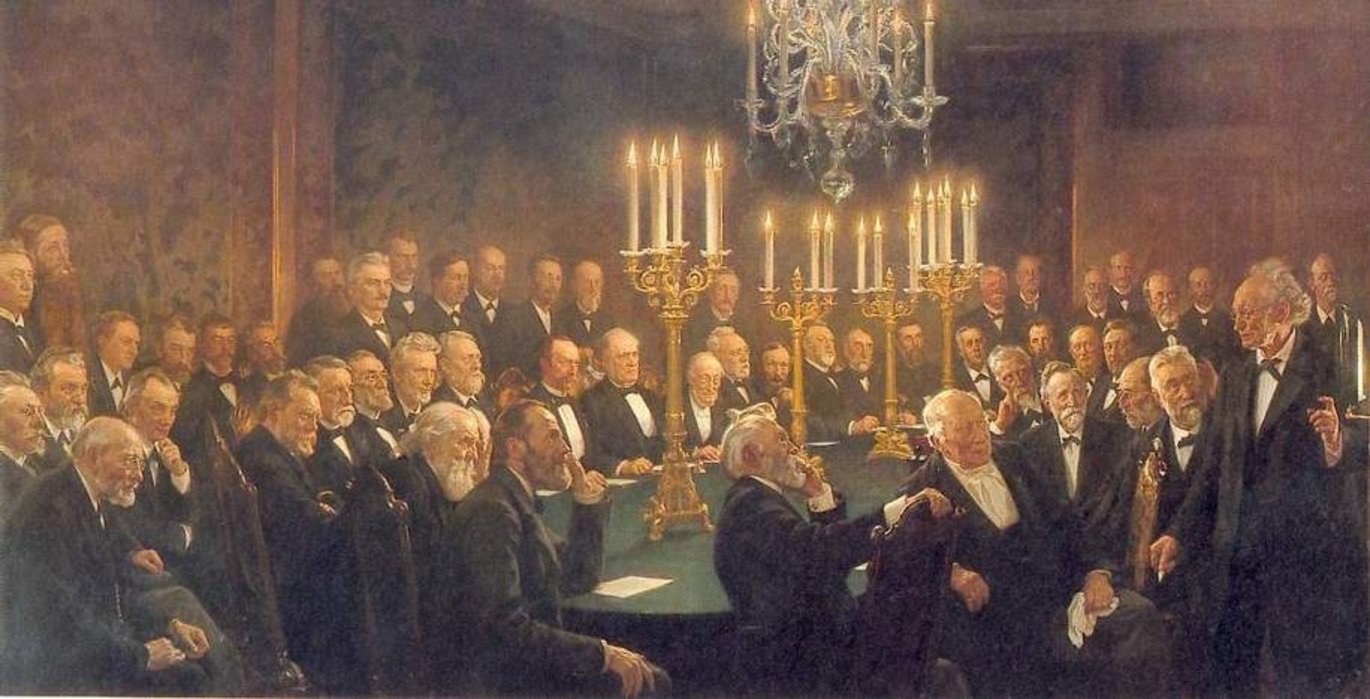Self-awareness Meeting 2014
International meeting on: Self-awareness – An emerging field in neurobiology at Det Kongelige Danske VIDENSKABERNES SELSKAB

Info about event
Time
Location
The Royal Danish Academy of Sciences and Letters, H.C. Andersens Boulevard 35, DK-1553 Copenhagen V
Organizer
The biology of self-awareness - Synopsis of the scientific programme

The last two decades have seen a remarkable effort to include self-awareness and conscious experience as topics for the natural sciences. Neuroscientists, philosophers and psychologists share the goal of trying to understand how the mind relates to the brain. The effort represents a gathering conviction that a fruitful convergence of disciplines is timely. It is a co-evolutionary strategy, typified by interaction among research domains, where research at one level provides constraints, corrections, and inspiration for research at other levels. The interdisciplinary integration has, however, brought us to a methodological challenge. Neuroscience and cognitive science traditionally believe that objective data represent the primary source of evidence, and that subjective reports are secondary. Subjective experiences, however, cannot be observed “from the outside” – objectively.
At the symposium, this challenge will be addressed by opening lectures that describe the conscious experience and function of self-awareness. Important empirical data have been obtained by neuroimaging methods that are based on hemodynamics and energy metabolism. Several groups have shown that paralimbic cortical regions, and the lateral parietal and subcortical regions to which they are closely connected, are strongly active under conditions supposedly related to self-awareness. This includes the “resting state” which may in fact be dominated by self-reflection. The system has been referred to as the “default mode system” due to the fact that its energy consumption decreases markedly during goal-directed activity in the external world. The symposium includes a discussion of the basic nature of this system with presentation of different views. Its importance in human life has interested researchers in its ontogenetic and phylogenetic development, and new data will be presented.
As another example, the introduction of magneto-encephalography in the study of self-awareness and disorders has recently resulted in new understanding of the oscillatory activity that links the regions of the paralimbic “default mode” system. We now know more about the contribution of GABA-ergic interneurons to the genesis of such oscillations at the cellular level, and a separate section will deal with this area, and its promises with respect to the development of transmitter-based therapies. Exciting data have elucidated aspects of the pathogenesis of disorders of self-awareness and self-control, such as schizophrenia and pathological gambling.
The symposium aims to address the fundamental limitations of interpreting experimental results: To which extent can experimental findings provide insights into causal mechanisms behind the “emergence” or “creation” of conscious experience, and to which extent do they represent correlations only? Similarly, the symposium will discuss how empirical data best inspire, improve, and be incorporated in theoretical models of mind-brain relations in this field.
